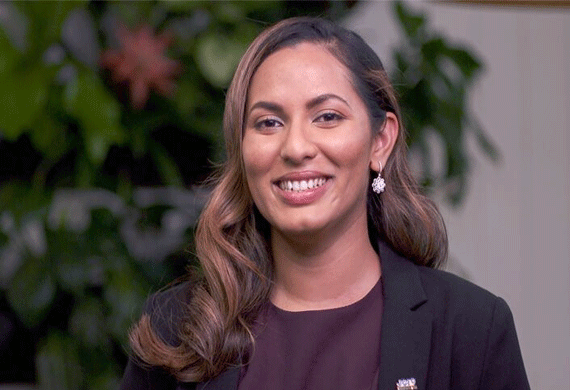Ayesha Nurain Janah: Empowering Communities, Preserving Culture, Protecting the Future
By Ayesha Nurain Janah

True sustainability is built when economic growth, cultural heritage, and the environment thrive side by side
Ayesha Nurain Janah stands at the forefront of sustainable development in the Maldives, demonstrating how young leaders can drive transformative change in small island developing states. Being the founder of Kandufa Foundation and Vice Chair at HARIM, she has set innovative solutions to community development that would strike a balance between economic development, the environment, and social equity.
The work by Ayesha Janah tackles the challenges that are peculiar to the Maldives, including its susceptibility to climate change, as well as the diversification of the economy beyond tourism. The Kandufa Foundation has provided her with the opportunity to have community-based programs that enhance community resilience and maintain Maldivian cultural heritage. Her programs include skills development, women empowerment, youth involvement, and environmental conservation, which come up with integrated solutions to multiple development challenges.
Her work with HARIM demonstrates her capabilities to work efficiently in the field that cuts across civil society, private enterprise, and government institutions. Ayesha Janah has also played a significant role in creating sustainable funding structures for community initiatives in which business concepts can be used to create socialization. Her style includes accentuating local ownership and capacity building to ensure development undertakings are culturally acceptable and environmentally friendly.
Ayesha Janah represents the interests of the specific needs of the small island developing states in the regional and international arenas. She has also provided inputs into climate adaptation strategies and sustainable development systems that acknowledge the special vulnerability and opportunities of island communities. Her dual role as a civil society and business leader so fluidly combines profit and purpose that it presents a new generation of leaders to scale sustainable development models that can be replicated in other parts of the developing world.
.jpg)